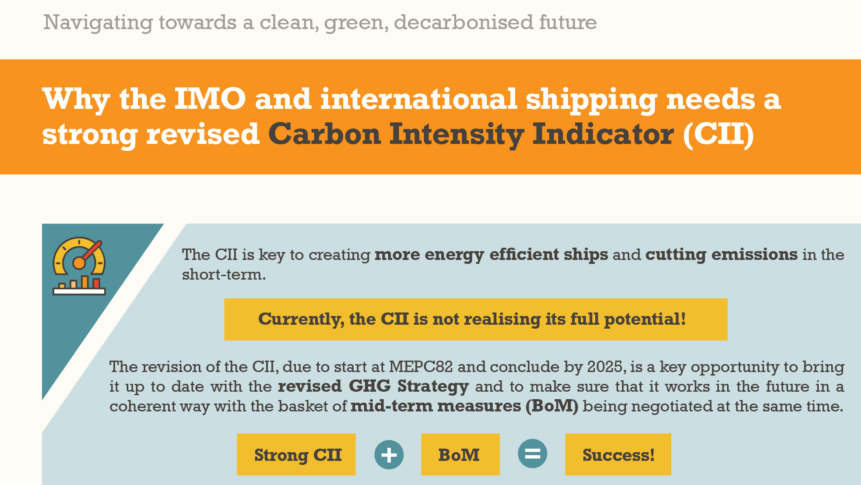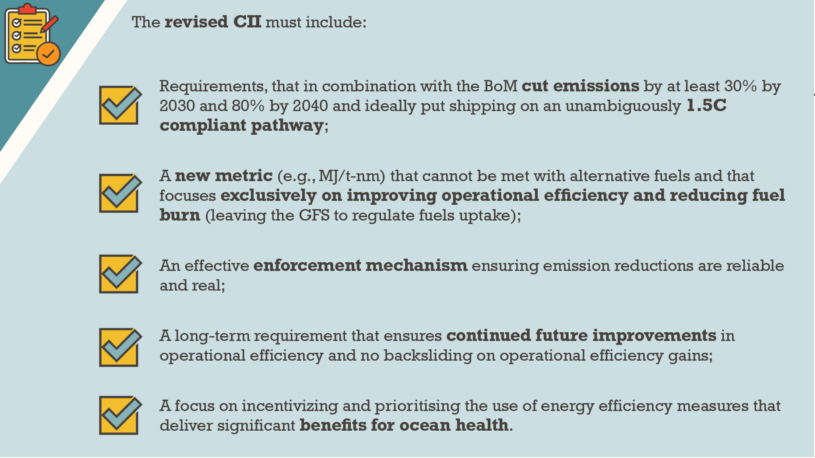Environment Committee calls for monitoring, reporting and verification of both NOx and CO2

The European Parliament’s Environment Committee voted overwhelmingly today to support and strengthen some elements of the Commission’s proposal for monitoring, reporting and verification (MRV) of shipping emissions. Transport & Environment welcomes the inclusion of the air pollutant NOx in the monitoring measure. However, MEPs rejected the chance to use ship efficiency as an accurate measure of emissions, which is the key to improving the sector’s environmental performance.
Air pollution from international shipping, of which sulphur (SOx) and nitrogen oxide (NOx) emissions are a big part, accounts for about 50,000 premature deaths per year in Europe [1]. The growth of these emissions from shipping, which contribute to acid deposition, formation of deadly fine particles, and ozone smog, means levels are now on the verge of exceeding all land-based sources combined. The Environment Committee voted today to add NOx to the requirement to report CO2 but not SOx. This makes little sense, as tough new SOx regulations in 2015 will require accurate reporting if compliance is to be effectively enforced.
Aoife O’Leary, T&E policy officer for shipping, said “The Parliament’s lead committee have seized the important opportunity to include harmful NOx emissions in its monitoring law. It’s clever and cost-effective to monitor all air pollutants, including SOx and NOx, at once. Member States must further strengthen the proposal to ensure that rising levels of harmful pollutants can be more effectively controlled.”
At a time when the shipping community, led by the International Maritime Organisation (IMO) is debating an efficiency standard for ships, the Environment Committee short-sightedly voted against monitoring ship efficiency. Using a ship’s cargo weight carried and distance sailed, ship-owners could accurately calculate their efficiency and emissions. Such a measure would also be consistent with issues now being discussed at the international level, in the IMO.
“Reporting on cargo weight and distance sailed allows ship-owners to accurately measure, and then of course improve, their efficiency and emissions output. With international shipping moving in this direction, the Parliament’s decision is short sighted. Member States must ensure that Europe adopts this standard to be on the same page as the IMO,” O’Leary concluded.
Notes to editors:
[1] CEEH (2011): Assessment of health-cost externalities of air pollution at the national level using the EVA model system). By J. Brandt et al. CEEH Scientific Report No 3. Centre for Energy, Environment and health: www.ceeh.dk.


